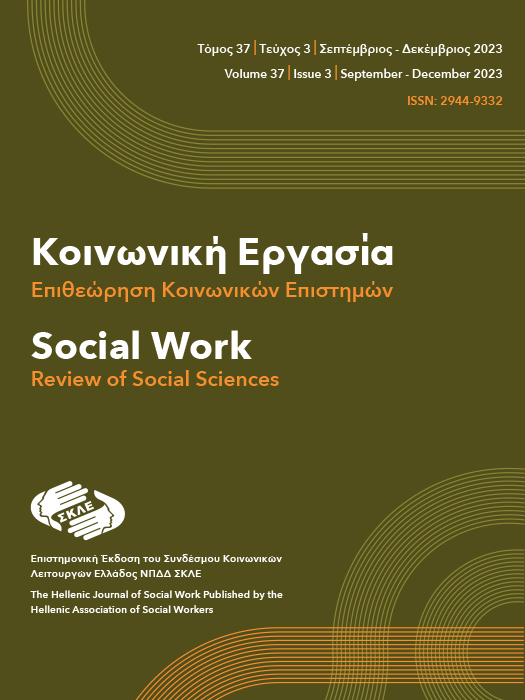Crisis Intervention Programs. Comparative evaluation of their effectiveness towards hospitalization. The social workers’ role

Abstract
Crisis Intervention Programs (CIPs) are of the most recent examples of the developments that are taking place, over the last decades, in the field of mental health and they emerge as prominent services for patients with severe mental illness. In particular, according to research evidence, the CIPs (crisis resolution teams, mobile units, Day Hospitals for acute psychopathological episodes, crisis response centers) seem to be effective, in reducing hospital admissions/readmissions and the average length of hospitalization, improving patients’ clinical state and overall functioning, reducing caregivers’ burden and increasing service users’ satisfaction while there is no satisfactory research data regarding their impact on patients’ quality of life. The purpose of this article is to present the findings of international empirical research data for CIPs’ effectiveness as well as a comparative evaluation of CIPs’ effectiveness with inpatient care. Special rreference is made to the interventions and the role of the social worker in the context of an acute episode of severe mental disorder.
Article Details
- How to Cite
-
Koureta, E., Xydia, S., Bismbiki, E., Papazafiri , T., Γρηγοριάδου M., Leousi, A., & Ζαχαριάδη F. (2023). Crisis Intervention Programs. Comparative evaluation of their effectiveness towards hospitalization. The social workers’ role. Social Work. Review of Social Sciences, 37(3), 25–45. https://doi.org/10.12681/socialwork-rss.36377
- Section
- Article


